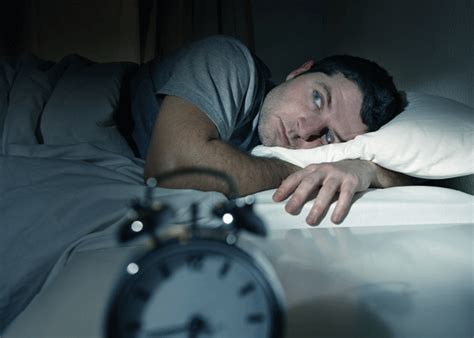How can men optimize sleep for peak recovery and daytime performance?

The Unseen Foundation: Why Sleep is Non-Negotiable for Men
In the relentless pursuit of peak physical condition, mental sharpness, and professional success, men often overlook one of the most powerful tools at their disposal: quality sleep. Far from being mere downtime, sleep is a critical biological process that dictates everything from hormonal balance and muscle repair to cognitive function and emotional resilience. For men aiming to maximize recovery from workouts, sharpen their focus, and maintain robust health, understanding and optimizing sleep is not a luxury—it’s a fundamental requirement.
Understanding the Male Sleep Landscape
Men’s sleep patterns are influenced by unique physiological and lifestyle factors. Hormones like testosterone, crucial for muscle development, energy levels, and libido, are predominantly secreted during deep sleep phases. Intense physical training, demanding careers, and the stresses of modern life can place additional demands on the body, increasing the need for profound, restorative sleep. Recognizing these specific needs is the first step toward tailoring an effective sleep optimization strategy.

Establishing a Consistent Sleep Schedule
One of the most impactful changes you can make is to regulate your body’s internal clock, your circadian rhythm. Going to bed and waking up at approximately the same time every day, even on weekends, signals to your body when to release sleep-inducing hormones like melatonin and when to prepare for wakefulness. This consistency leads to more efficient sleep, making it easier to fall asleep, stay asleep, and wake up feeling refreshed. Aim for 7-9 hours of quality sleep per night.
Optimizing Your Sleep Environment
Your bedroom should be a sanctuary dedicated to sleep. Transform it into a dark, cool, and quiet haven. The ideal temperature range for sleep is often cited between 60-67°F (15-19°C). Invest in blackout curtains to eliminate light pollution, consider earplugs or a white noise machine to block out disturbances, and ensure your mattress and pillows provide adequate support and comfort. A clean, clutter-free space also contributes to a calm mind, conducive to sleep.

Pre-Sleep Rituals and Wind-Down Techniques
The hour or two before bed are crucial for signaling to your body that it’s time to unwind. Avoid stimulating activities such as intense exercise, heavy meals, excessive alcohol, or caffeine close to bedtime. Instead, engage in relaxing routines like reading a physical book, taking a warm bath, practicing gentle stretching, or meditating. Critically, disconnect from all screens—phones, tablets, computers, and TVs—at least 60 minutes before you plan to sleep, as the blue light emitted can suppress melatonin production.

Nutrition and Exercise for Better Sleep
Your diet and exercise habits profoundly influence sleep quality. Avoid large, sugary, or spicy meals too close to bedtime, as they can disrupt digestion and cause discomfort. If you must eat late, opt for a light, protein-rich snack. While regular physical activity is excellent for sleep, timing is essential; conclude vigorous workouts at least 3-4 hours before your intended bedtime to allow your body temperature and heart rate to return to normal.

Addressing Common Sleep Disruptors
Many factors can sabotage men’s sleep. Chronic stress and anxiety are major culprits; incorporating mindfulness, journaling, or relaxation techniques into your daily routine can help manage them. Conditions like sleep apnea, often more prevalent in men, can severely fragment sleep and should be diagnosed and treated by a medical professional. Even seemingly innocuous habits like an evening glass of alcohol, while it might make you feel drowsy, can disrupt the deeper, more restorative stages of sleep.

Conclusion: Invest in Your Sleep, Invest in Your Life
For men striving for peak physical prowess, mental clarity, and overall well-being, prioritizing sleep is not just advisable—it’s imperative. By diligently implementing a consistent sleep schedule, optimizing your sleep environment, adopting healthy pre-sleep routines, and proactively addressing any potential disruptors, you can profoundly transform your sleep quality. Make sleep a cornerstone of your daily regimen, and you will unlock a heightened capacity for recovery, performance, and an enriched quality of life in every facet.









